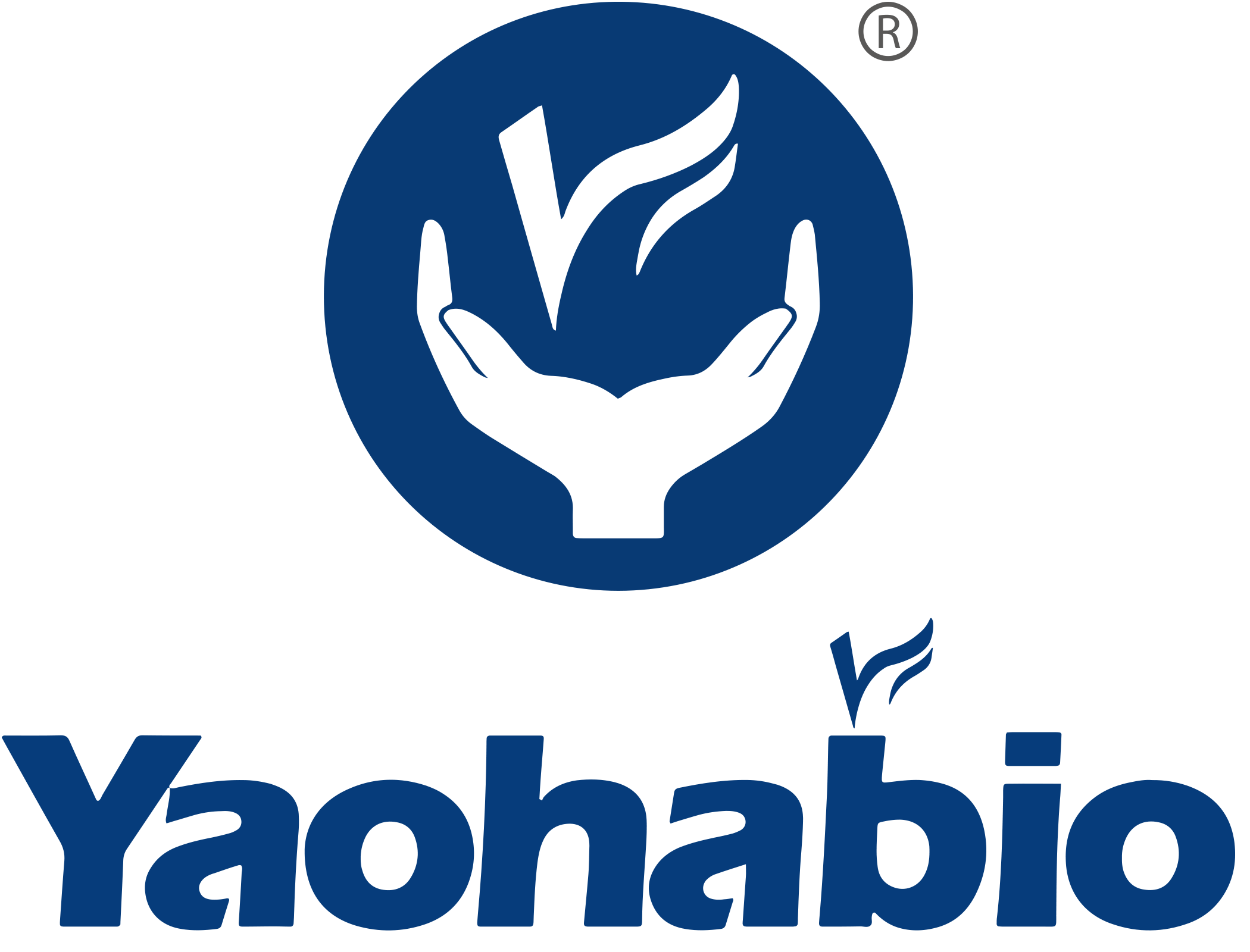Treponema pallidum, previously called Spirochaeta pallida, is the spirochete causing syphilis. It is usually transmitted sexually, but can also be transmitted vertically during pregnancy, leading to congenital syphilis; WHO estimates that by 2020, 7.1 million adults aged 15-49 years will be diagnosed with syphilis.
Currently, possible cases of syphilis are usually investigated by the treponemal serological tests T. pallidum antibodies (IgG and/or IgM).
T. pallidum Lipoproteins
Treponemal antigens consist of 15 kDa lipoprotein (Tp15), 17 kDa lipoprotein (Tp17), 44.5 kDa lipoprotein (Tp44.5, TmpA), and 47 kDa lipoprotein (Tp47). To detect T. pallidum specific antibodies, a combination of T. pallidum recombinant antigens (obtained in Escherichia coli), or the whole T. pallidum lysate is widely used.
Enzyme Immunoassay (EIA)
Being an anti-treponemal assay, the enzyme immunoassay (EIA) is commonly used as an automated screening test. Many commercial assays detect IgM, IgG, or both with recombinant treponemal antigens (Tp15, Tp17, and Tp47).
Chemiluminescence Immunoassay (CLIA)
The chemiluminescence immunoassay (CLIA) is a type of EIA: it is a rapid, high-throughput automated method that uses paramagnetic particles with recombinant antigen-coated to catch IgM and/or IgG, and then a chemiluminescent substrate is added to produce a signal proportional to the amount of antigen-antibody complex. The automated availability of EIA and CLIA makes them the basis of rapid diagnostic tests for syphilis screening.
Immunoblot Assay
Immunoblot analysis is primarily used as an additional confirmatory test to clarify results when other syphilis tests fail to produce a definitive result. It is a highly specific Western blotting assay that detects IgM and IgG respectively. An original immunoblotting assay that uses whole-cell organisms as the antigen and detects antibodies directed against the major surface antigens of T. pallidum (TpN15, TpN17, TpN44.5, and TpN47).
Whole-cell organisms are labor-intensive and difficult to interpret because of nonspecific reactions. Commercial recombinant immunoblot assays, such as the INNO-LIA Syphilis (Innogenetics NV, Ghent, Belgium), ViraBlot (Viramed Biotech, Planegg, Germany), and MarDx test (Trinity Biotech, Bary, Ireland), can supersede the whole-cell organism.
Yaohai Bio-Pharma Offers One-Stop CDMO Solution for Treponema Antigen

 EN
EN
 AR
AR
 HR
HR
 CS
CS
 DA
DA
 NL
NL
 FI
FI
 FR
FR
 DE
DE
 EL
EL
 IT
IT
 JA
JA
 KO
KO
 NO
NO
 PL
PL
 PT
PT
 RO
RO
 RU
RU
 ES
ES
 SV
SV
 IW
IW
 ID
ID
 LV
LV
 LT
LT
 SR
SR
 SK
SK
 SL
SL
 UK
UK
 VI
VI
 ET
ET
 HU
HU
 TH
TH
 TR
TR
 FA
FA
 AF
AF
 MS
MS
 BE
BE
 MK
MK
 UR
UR
 BN
BN

